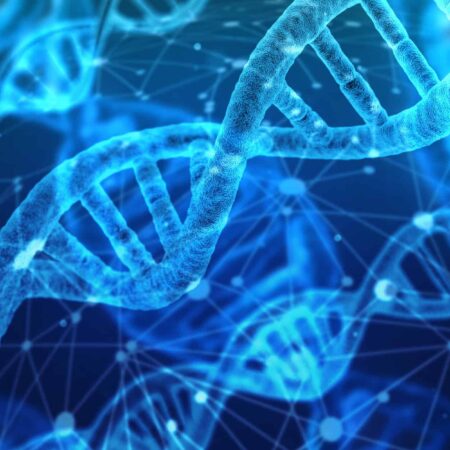Bacillus licheniformis is a bacterium commonly found in the soil.
It is a gram-positive, mesophilic bacterium. Its optimal growth temperature is around 50 °C, though it can survive at much higher temperatures. The optimal temperature for enzyme secretion is 37 °C. It can exist in a dormant spore form to resist harsh environments, or in a vegetative state when conditions are good.
High capacity of secretion of the alkaline serine protease has made B. licheniformis one of the most important bacteria in industrial enzyme production.
Product details
[Specification]
Viable count:20 billion cfu/g,40 billion cfu/g,100 billion cfu/g
Appearance: Brown powder.
[Working Mechanism]
B. licheniformis is well adapted to grow in alkaline conditions, so the protease it produces can withstand high pH levels, making it ideal for this use – the other components of detergents create an alkaline pH. The protease has a pH optimum of between 9 and 10 and is added to laundry detergents to digest, and hence remove, dirt made of proteins. This allows for much lower temperatures to be used, resulting in lower energy use and a reduced risk of shrinkage of garments or loss of colored dyes.
[Application]
B. licheniformis is cultured to obtain protease for use in biological laundry detergent.
B. licheniformis as a possible agent to clean ships’ hulls isolated an enzyme that has proven to be an unexpected tooth decay fighter as it can cut through plaque or a layer of bacteria.
B. licheniformis can be used in synthesis of gold nanocubes.
[Storage]
Should be stored in a cool and dry place.
[Package]
25KG/Bag or as clients demand.
[Shelf life]
24 months




